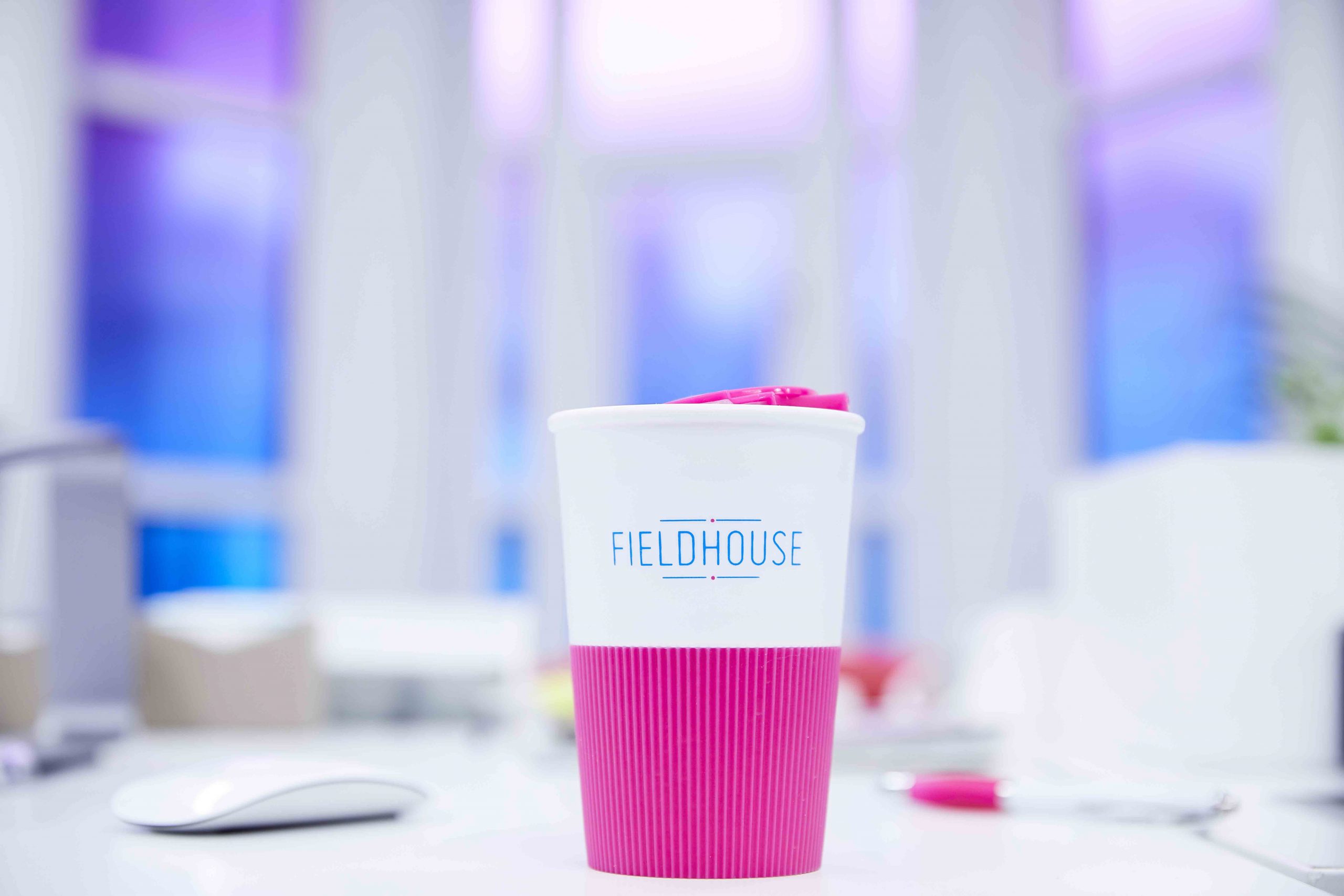SkyCell, the leading manufacturer of data-driven temperature-controlled smart containers for the pharmaceutical industry, has developed an ultra-cold smart container that will ensure the safe transportation of COVID-19 vaccines around the world, regardless of outside temperatures.
SkyCell’s solution maintains a steady temperature of minus 60° Celsius to minus 80° Celsius for more than 120 hours without recharging, enabling up to 1.75 million doses to be transported in a single aircraft – enough to vaccinate between 875,000 and 8.75 million people depending on the vaccine and concentration, and up to 10 times the capacity of common existing solutions.
To date, dry ice has been central to maintaining the ultra-cold temperatures that certain pharmaceutical products – such as the Pfizer/BioNTech COVID-19 vaccine – need to be stored at while they are in transit. The capacity of ultra-cold shipments has been significantly limited, especially in aircraft, as a result of this dependence – only a small amount of dry ice can be used per shipment, as it is poisonous in large quantities and therefore presents a risk to individuals involved in handling cargo stored in such containers.
By combining its existing precision-engineered containers, patented cooling technology, and proprietary software, SkyCell is able to cool to minus 80 Celsius and utilise full aircraft capacity, mitigating the traditional limitations caused by the use of dry ice by making energy transfer more efficient. The containers are also equipped with IoT sensors to measure internal and ambient temperature as well as other environmental factors.
Manufacturing of the reusable, ultra-cold chain containers will begin next week, with a fleet of at least 100 to be ready in January. This would deliver capacity to move at least 7 million ultra-cold COVID-19 vaccine doses per month safely around the world from the beginning of 2021 – in the case of concentrated vaccines, this could translate to as many as 35 million patients per month able to receive shots. SkyCell has set up processes so that containers can be transported door-to-door from factory to hospital, which is vital when transporting ultra-cold cargo as local fixed ultra-cold infrastructure can be limited.
SkyCell’s highly innovative smart containers allow pharma companies to optimise supply chains using data to predict and control risk. Using over three-quarters of a billion data-points on factors like temperature, location, and time, it enables a market-leading and audited failure rate of less than 0.1 per cent, while reducing CO2 emissions by almost half.
Richard Ettl, CEO and Co-Founder of SkyCell, comments: “SkyCell has deep experience in creating safe and efficient vaccine container solutions, transporting 90 per cent of product for the world’s largest vaccine supplier by revenue. With the launch of this ultra-cold smart container, we are now able to transport all of the leading vaccine candidates for COVID-19, serving both the mass volume 2 to 8°C market and now the important market segment of -60°C to -80°C. We have already seen 60 per cent year-on-year growth in 2020, as pharmaceutical companies and governments around the world recognise the need to ensure their supply chains are robust enough to deliver critical vaccines in viable condition and at sufficient volume.”
On the rapid development of a market-ready solution, Nico Ros, CTO and Co-Founder of SkyCell, added: “Building these containers is a highly sophisticated work of engineering, like designing a Formula One car. Everything must be optimised to protect any cargo, but especially a vaccine for COVID-19. Following the work of various vaccine teams closely, it quickly became clear there would be a need for ultra-cold transportation, so we worked with Ansys’ advanced AI software to calculate the most efficient design while maintaining our laser-sharp focus on safety – both in terms of protecting the viability of the vaccines and when it comes to the container itself. Virtual modelling enabled us to rapidly and safely create a solution that maximising aircraft capacity utilisation and ensures cargo can be maintained at ultra-cold temperatures from factory to hospital.”




